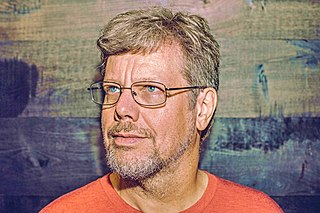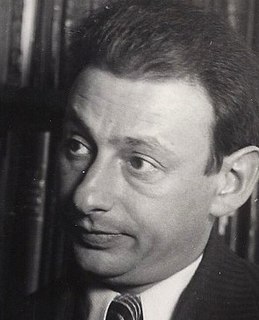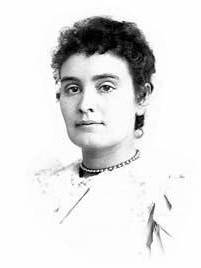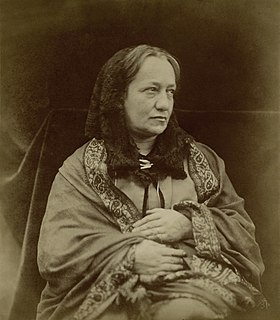A Quote by Bruce Springsteen
Those wounds stay with you, and you turn them into a language and a purpose.
Related Quotes
We are not meant to stay wounded. We are supposed to move through our tragedies and challenges and to help each other move through the many painful episodes of our lives. By remaining stuck in the power of our wounds, we block our own transformation. We overlook the greater gifts inherent in our wounds - the strength to overcome them and the lessons that we are meant to receive through them. Wounds are the means through which we enter the hearts of other people. They are meant to teach us to become compassionate and wise.
The best way to stay away from They is really simple. Stay with the people who have some passion. Stay with the people who know the truth. I like to find the They and turn them into We. I like to take the Theys and herd them. People that are skeptical, the Theys, I can bring them to We as much as I can.
I think that it is useless to fight directly against natural weaknesses. One has to force oneself to act as though one did not have them in circumstances where a duty makes it imperative; and in the ordinary course of life one has to know these weaknesses, prudently take them into account, and strive to turn them to good purpose; for they are all capable of being put to some good purpose.
It is as though the ancestors who made language and knew from what bestiality its use rescued them are saying to us: Beware of interfering with its purpose! For when language is seriously interfered with, when it is disjoined from truth, be it from mere incompetence or worse, from malice, horrors can descend again on mankind.
I wish I could take language And fold it like cool, moist rags. I would lay words on your forehead. I would wrap words on your wrists. 'There, there,' my words would say - Or something better. I would ask them to murmur, 'Hush' and 'Shh, shhh, it's all right.' I would ask them to hold you all night. I wish I could take language And daub and soothe and cool Where fever blisters and burns, Where fever turns yourself against you. I wish I could take language And heal the words that were the wounds You have no names for.



































